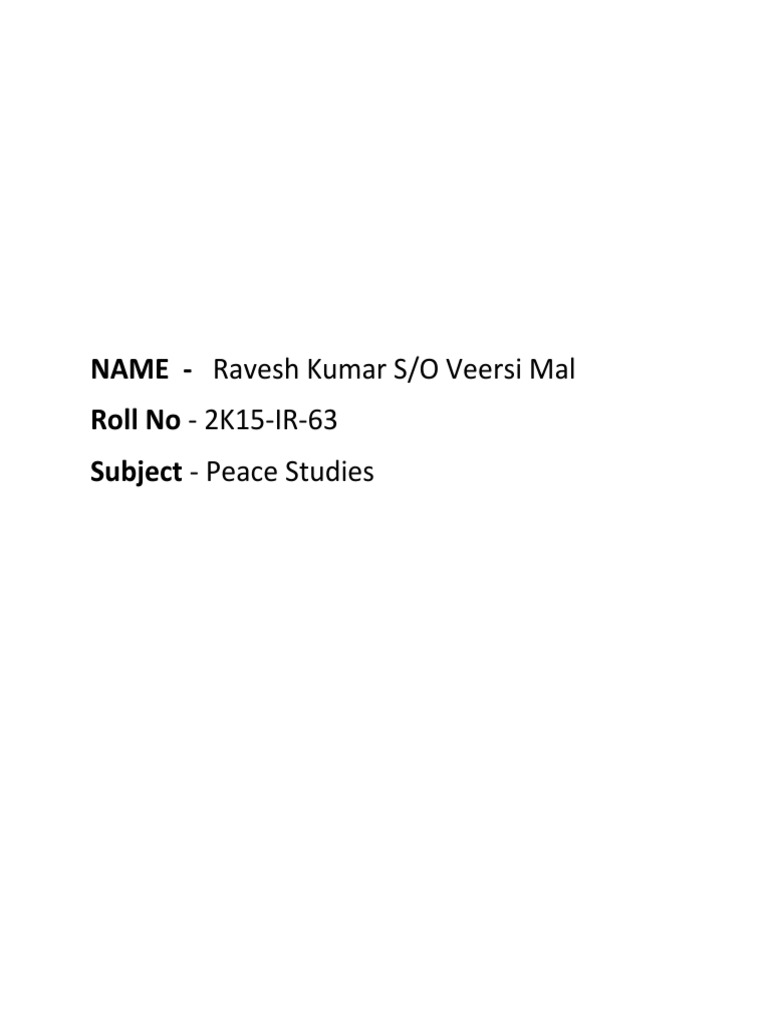The inquiry into the nature of humanity has long captivated philosophers, theologians, and psychologists alike. At the heart of these investigations lies a pertinent question: Is conflict and aggression dominant in human nature? This inquiry prompts an examination through the lens of Bahá’í teachings, which present a nuanced perspective that diverges from the more conventional notions of inherent violence and hostility.
To engage with this question, one must first delineate the foundational tenets of Bahá’í beliefs, which emphasize the fundamental oneness of humanity. This principle posits that all people, regardless of race, nationality, or creed, are intrinsically connected. The Bahá’í Faith asserts that while humanity has the capacity for both altruism and malevolence, the prevailing need is to foster an environment that nurtures our higher instincts rather than our baser impulses.
Bahá’ís acknowledge that the historical landscape of humanity is replete with conflict—wars, tribal disputes, and strife have punctuated the narrative of human existence. However, rather than interpreting these occurrences as a testament to the dominance of aggression, Bahá’í teachings suggest that they stem from sociocultural evolution and a lack of understanding of our interconnectedness. The “fragmentation” of humanity, as termed in Bahá’í literature, leads to the perpetuation of discord, marking a divergence from our true nature.
One prevalent observation is that conflict often arises from ignorance, both of oneself and of others. The Bahá’í Faith asserts that enlightenment and education are paramount in transcending our adversarial behaviors. The teachings advocate for the cultivation of knowledge as a catalyst for transformation. This idea is encapsulated in the belief that as individuals become more aware of their own innate goodness and the inherent divinity in others, the propensity for conflict diminishes.
The sociological implications of conflict are also integral to this discussion. Bahá’í teachings recognize that socio-economic disparities and entrenched prejudices serve as breeding grounds for aggression. The emphasis on justice, equity, and the elimination of extremes of wealth and poverty is not merely an ideal but rather a practical approach to mitigating conflict. The socio-economic fabric of society requires repair, not only to address issues of material deprivation but also to dismantle barriers that perpetuate strife.
Furthermore, the observation of conflict is often compounded by cultural factors. In many societies, aggression can be perceived as a sign of strength or resilience. Bahá’í teachings challenge this notion, asserting that true strength lies in unity, compassion, and understanding. By redefining conventional metrics of strength, Bahá’ís advocate for a paradigm shift that prioritizes collaborative endeavors over competitive practices.
Consideration must also be given to the psychological dimensions of aggression. The Bahá’í perspective emphasizes the dual propensity of human nature—the potential for both conflict and harmony. Within this framework, individuals are encouraged to engage in self-reflection and personal development. The teachings espouse the idea that by fostering virtues such as patience, forgiveness, and compassion, individuals can transcend their instinctual reactions to conflict. Meyer’s assertion that “the true essence of the human being is revealed through selfless service” is a reminder that agape—selfless love—can counteract aggression.
It is also imperative to explore the role of spiritual principles in mitigating conflict. Bahá’í teachings highlight the significance of prayer, meditation, and communal worship as essential practices that reinforce a sense of belonging and unity among individuals. These spiritual engagements create a safe space where individuals can navigate conflicts through dialogue and understanding rather than through aggression. The communal aspect of Bahá’í worship fosters a climate of camaraderie that diminishes divisive tendencies.
Moreover, the impact of leadership cannot be understated in the context of conflict resolution. Bahá’í teachings call for a new model of leadership that prioritizes consultation, inclusivity, and the collective well-being over authoritarianism. Such a leadership paradigm empowers individuals to voice their concerns and work collaboratively towards resolutions, thus diminishing the likelihood of conflict escalation. When leaders embody the principles of humility and service, they engender a culture that values peaceful coexistence.
At a systemic level, Bahá’í teachings encourage the establishment of global institutions that reflect the oneness of humanity. A universal language of peace and cooperation is deemed essential for addressing global challenges, such as climate change, resource scarcity, and humanitarian crises. By fostering international collaboration and mutual respect, the foundations for conflict reduction are laid, steering humanity towards a future characterized by harmony rather than discord.
In conclusion, the question of whether conflict and aggression are dominant in human nature cannot be answered in the affirmative without a broader contextual understanding. While historical and contemporary evidence may suggest a tendency toward conflict, the Bahá’í teachings offer a profound rebuttal that highlights the potential for unity, compassion, and understanding inherent in every individual. By fostering education, justice, and compassion, it is possible to channel humanity’s innate capacities toward peaceful coexistence rather than aggression. The challenge lies not in an acceptance of a violent human nature, but rather in the cultivation of our higher instincts that embrace our shared humanity.
